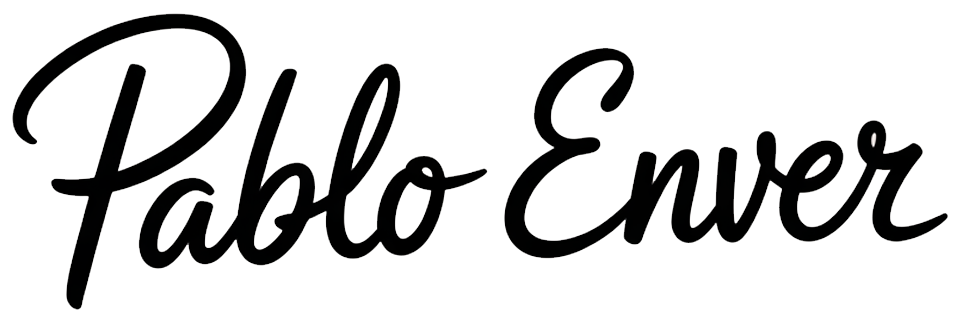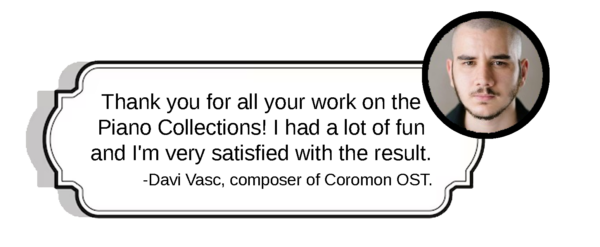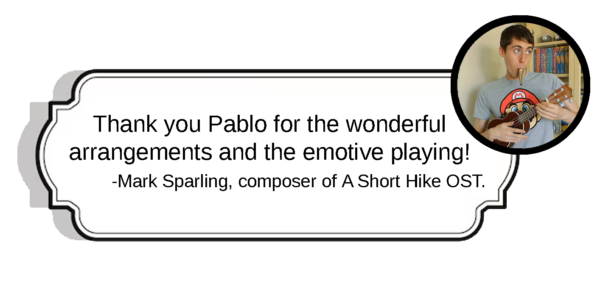
Does your game have an amazing soundtrack?
You’re losing thousands of plays, sales,
and dollars if you don’t do this.
Your soundtrack can bring you fame, money, and fans…
but not if you let it die inside the game.
Some video games invest thousands and thousands of dollars in their soundtracks, and the return they get is not double or triple, but much more. And no, it’s not by selling the soundtrack separately.
You’ve invested thousands in your game’s music. Now what? Just let it play on the main menu and nowhere else?
Every week, dozens of games are released. And every week, their soundtracks are lost forever… unless someone does something about them.
Most composers and game developers don’t fully understand how much can be gained from a soundtrack.
It’s been a while since soundtracks were just a simple addition to the game itself; now they are much more. A lot more!
Let me tell you a little story to understand this…
I was 11 years old back in 2001.
My parents bought me the PlayStation 1 and also brought me a disc that read “Final Fantasy IX.“
I had played Crash Bandicoot, Spyro the Dragon, Tomb Raider… things like that. I had no idea what game that was.
But after 20 minutes of playing, I was in love.
Not because of the graphics (which were great), not because of the cast of characters (which was amazing), nor the story (…which was also great), but above all, because of its soundtrack.
I realized that video game music could be more than just a mere accompaniment. That it could HAVE SOUL.
Over the years, I’ve ended up going to Final Fantasy concerts, debating in forums about video game music, making hundreds of piano arrangements, listening to thousands of hours of music on streaming platforms, I even arranged the entire soundtrack of Final Fantasy IX for piano as a tribute.
And Square Enix understood the importance of squeezing every bit of potential out of their soundtracks.
They understood that their music was not just a complement to their games; they understood that there was a huge potential to exploit.
Now they release piano albums for many of their games, hold concerts around the world, sell sheet music books… Their YouTube channel has gained over 400K subscribers and 55 MILLION views in less than 4 years. What numbers.
And it all started with the same thing I offer you: a Piano Collections of your video game and its soundtrack.
I’ve talked to you about Final Fantasy, but I could talk to you about Undertale, Hollow Knight, or Stardew Valley, among others, and more and more every time.
A large part of the fame of all these video games comes from knowing how to exploit their soundtracks to the last drop.
And there’s no better way than a Piano Collections. What’s the point of an epic soundtrack if no one’s going to hum it?
“But what is that? I already have the soundtrack done.”
I know. I work on the finished soundtrack, picking 10/15 iconic songs from the game and arranging them to be played on the piano and distributed as an independent album.
Here you can see some examples of albums I’ve created and where I’ve participated in recent years; some official ones for composers and developers, and others simply for pleasure.
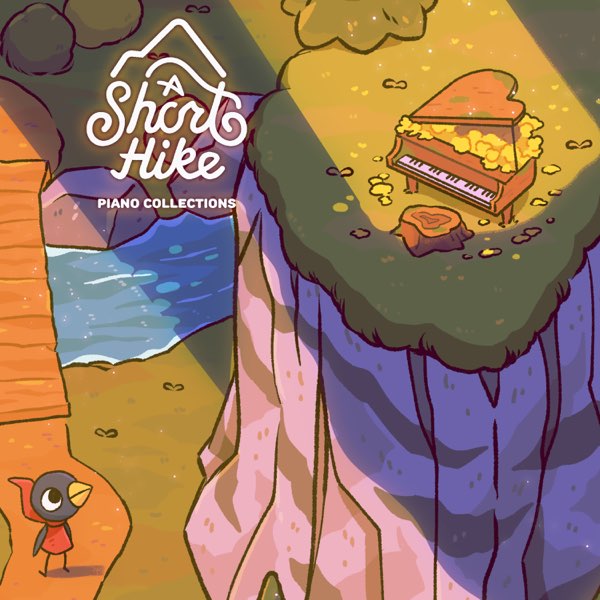
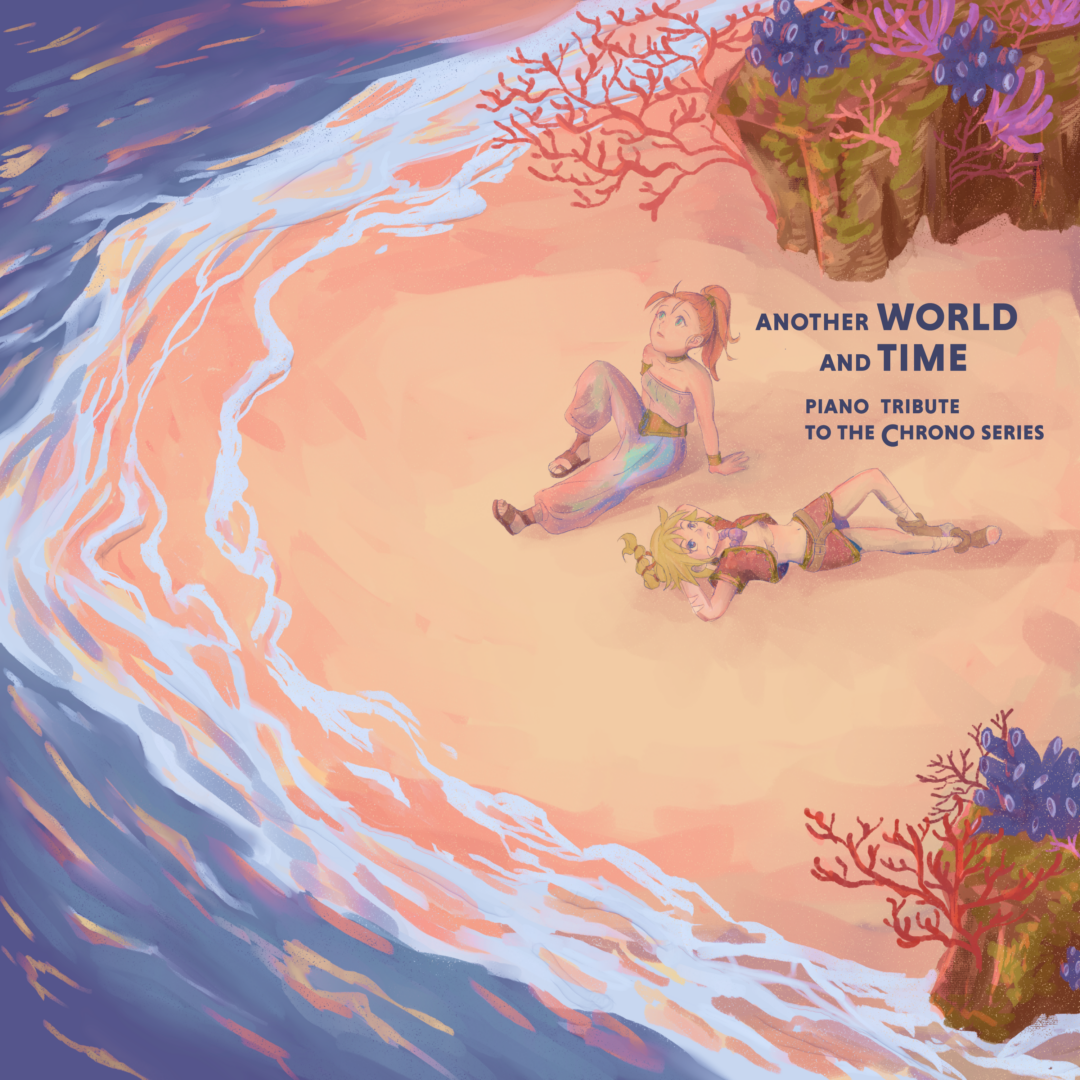
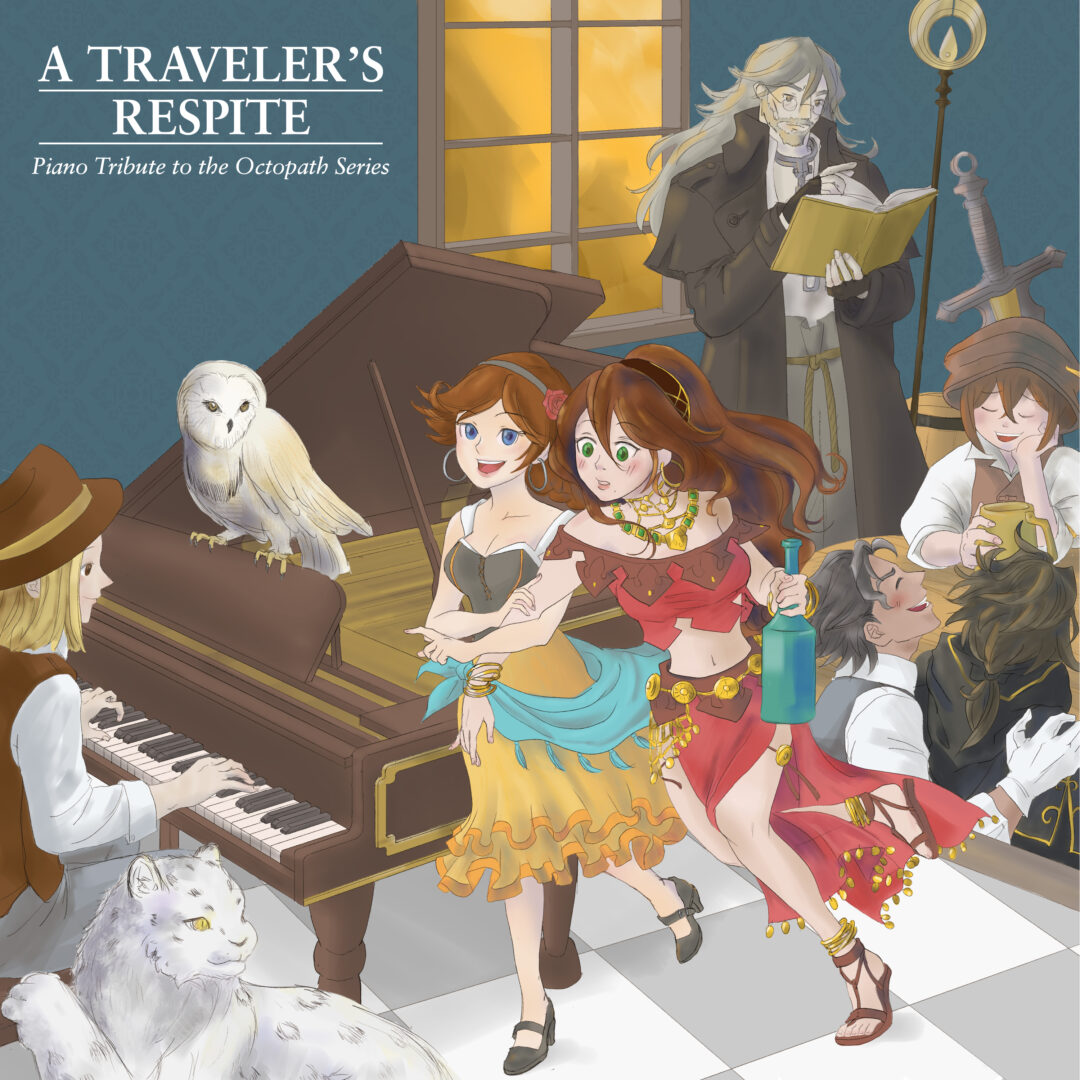
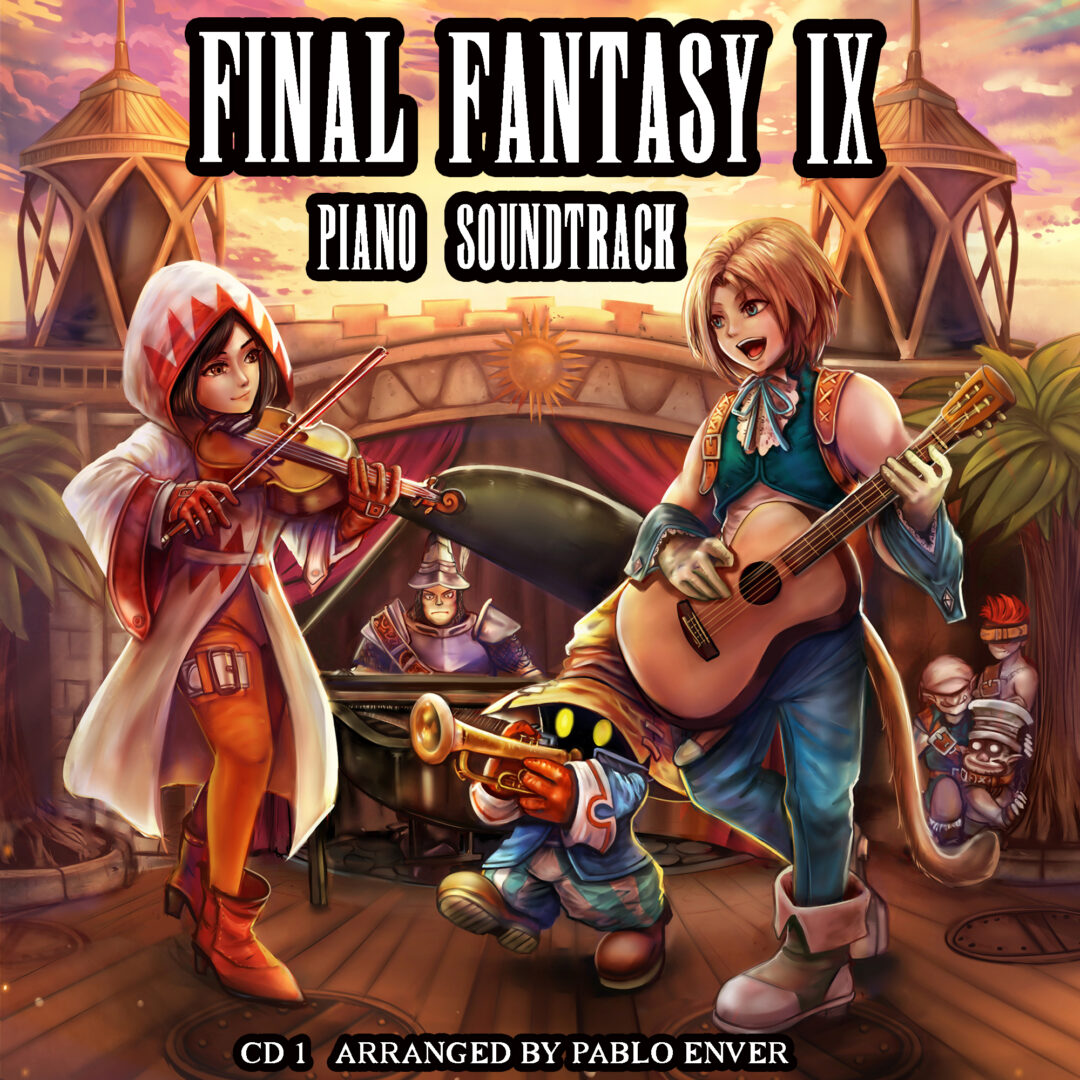
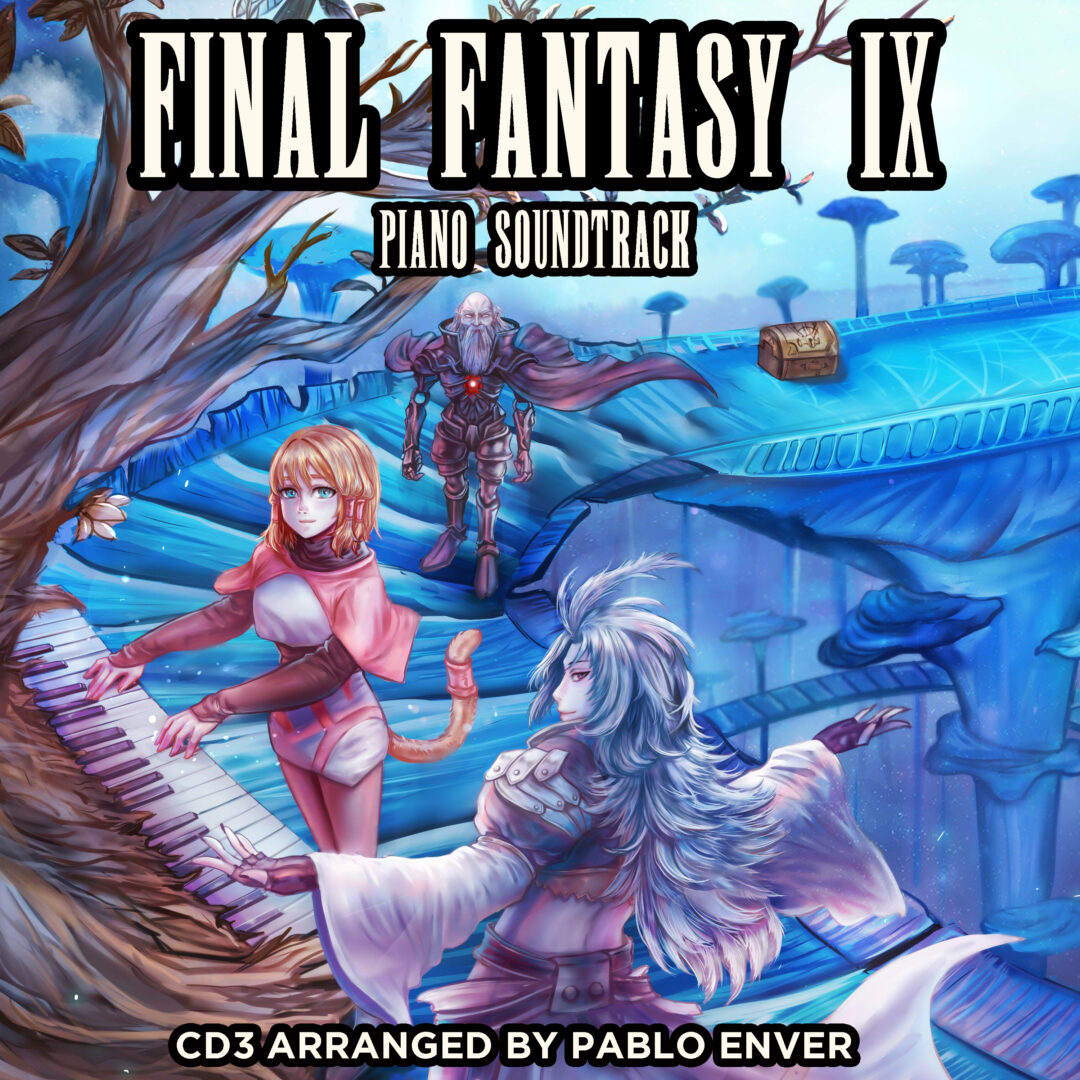
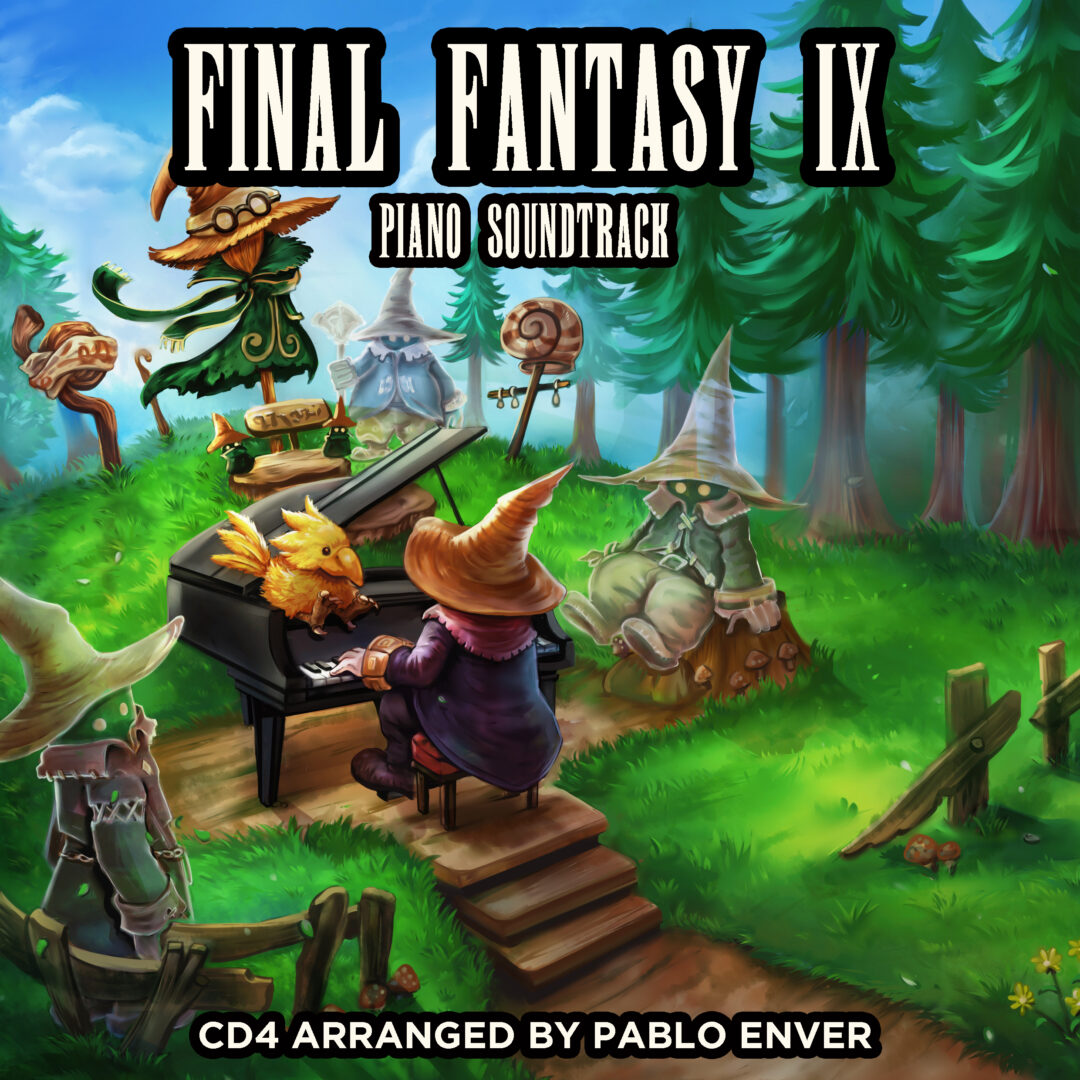
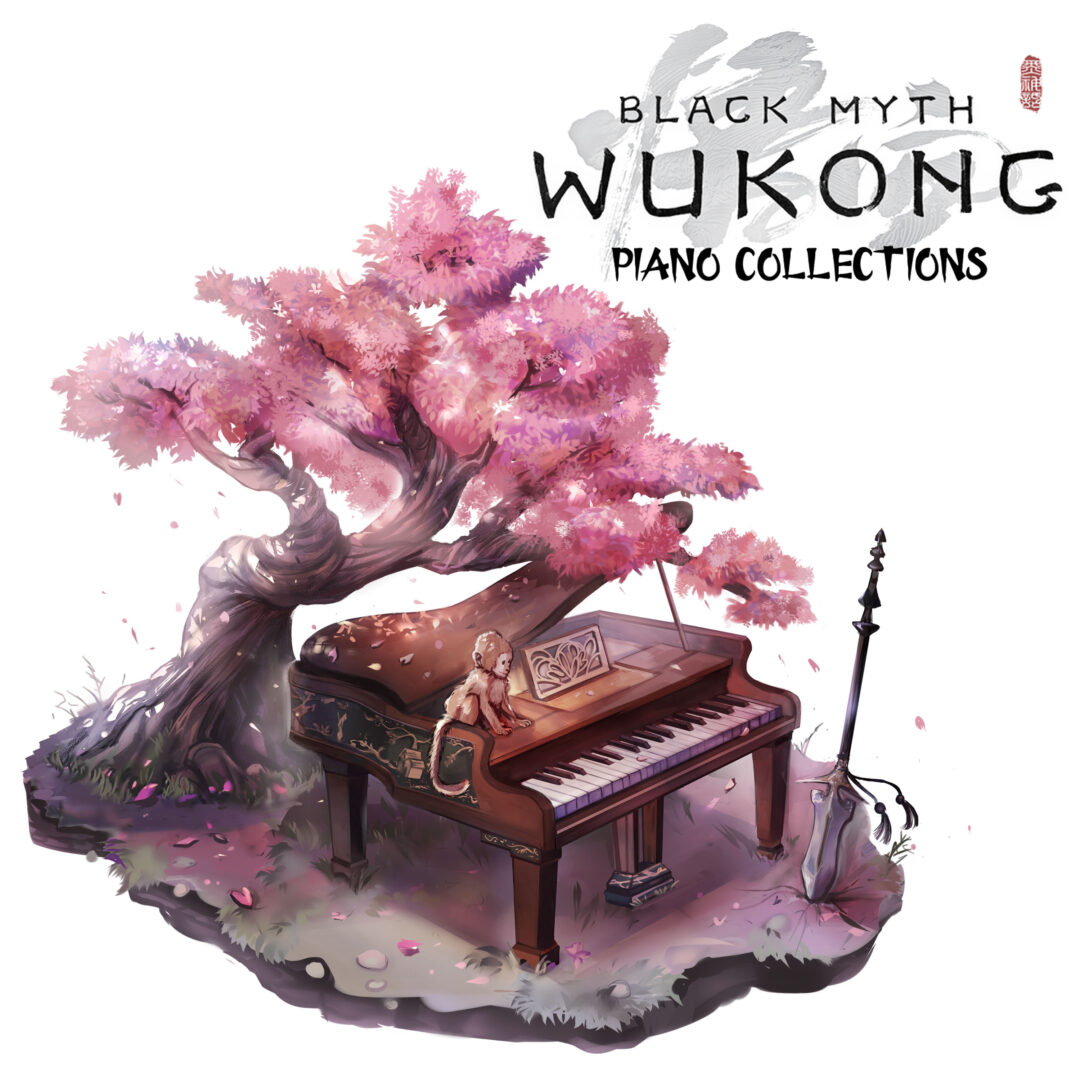
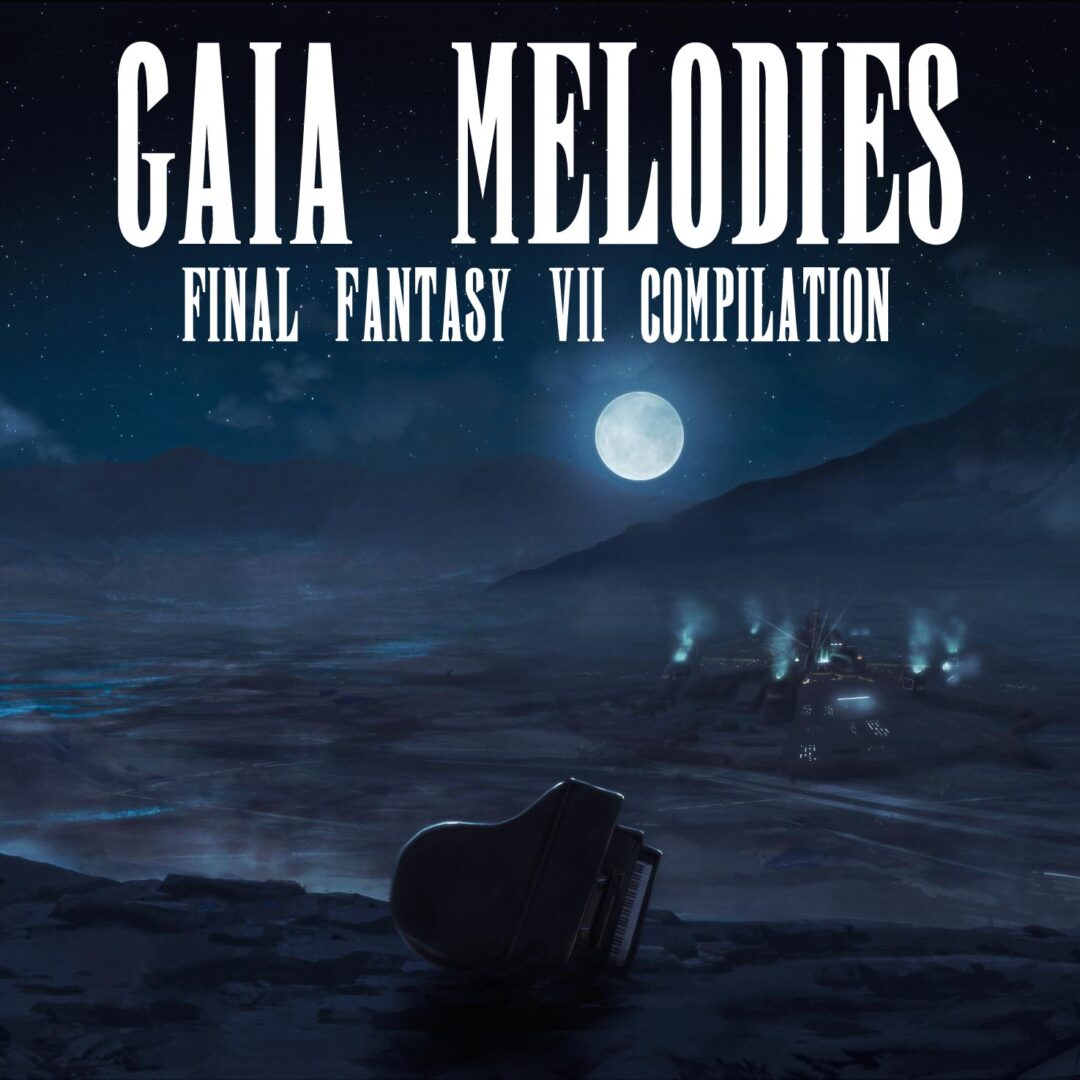
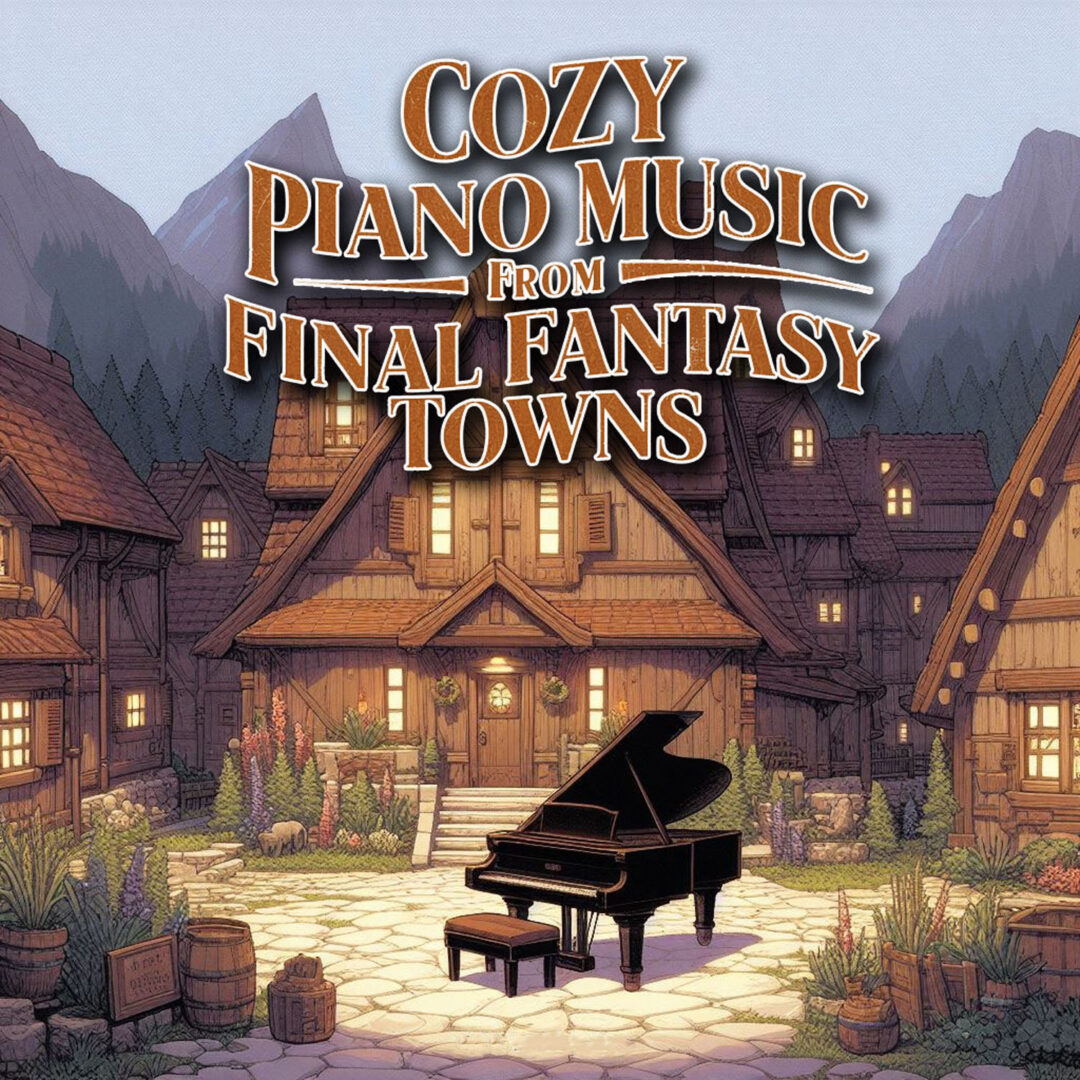
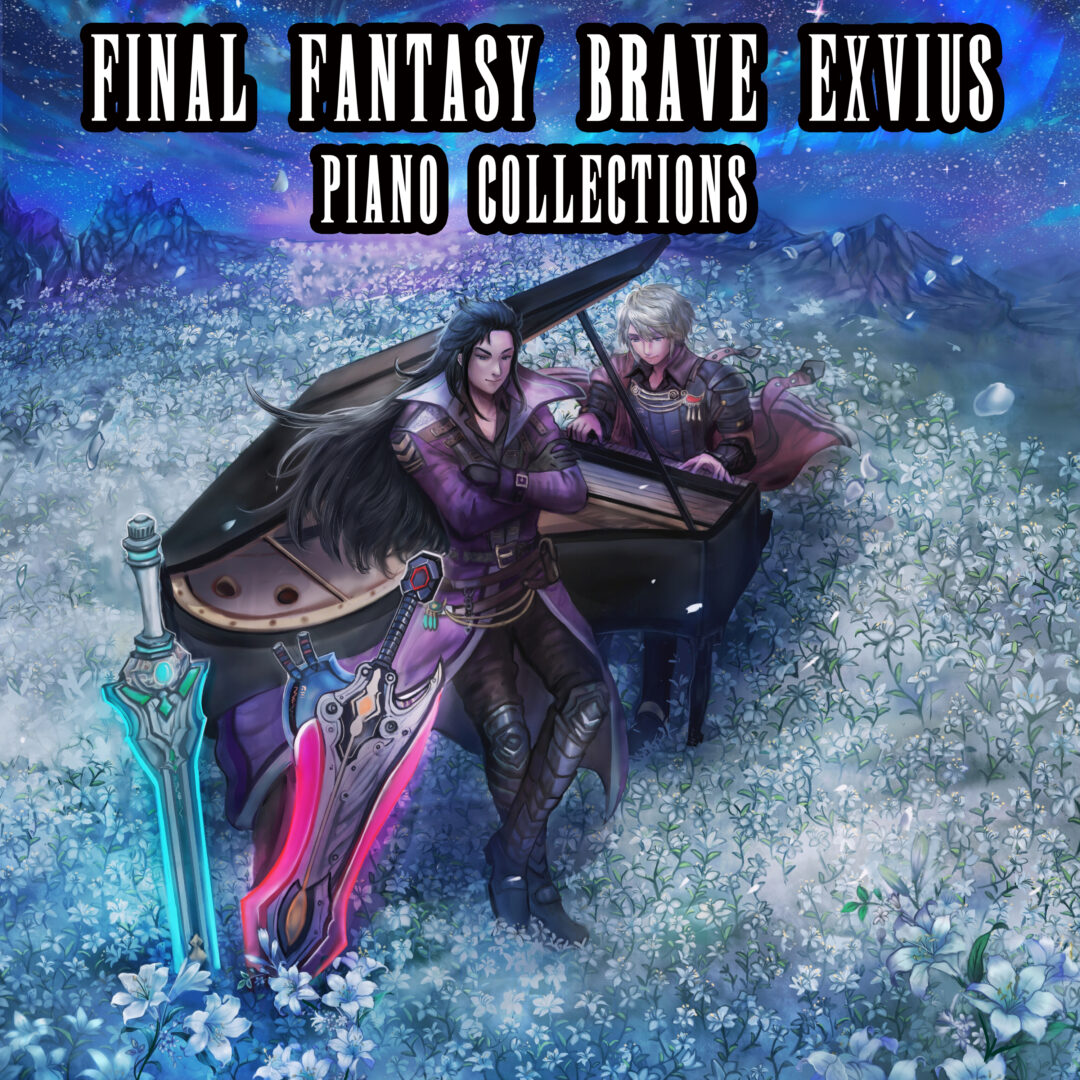
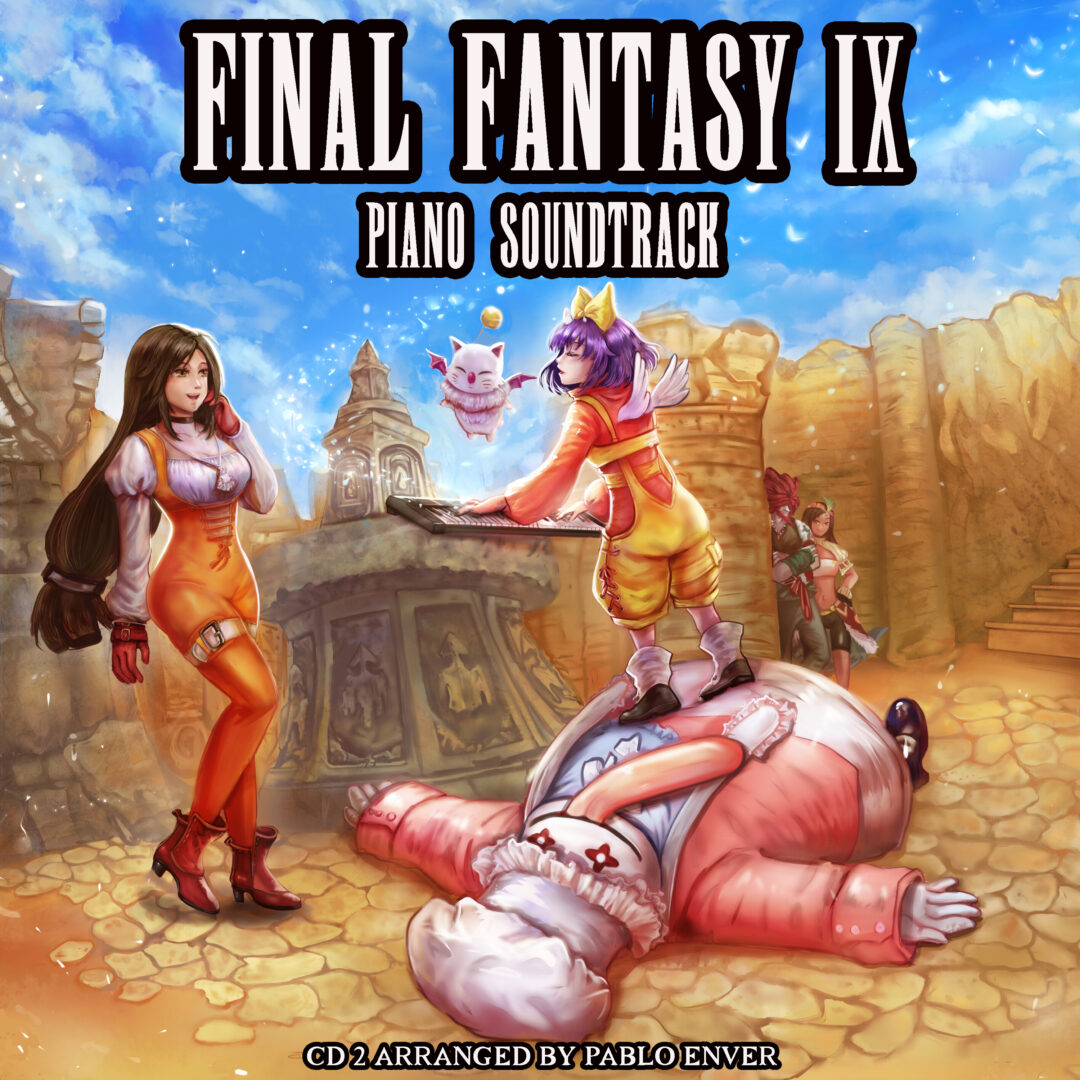
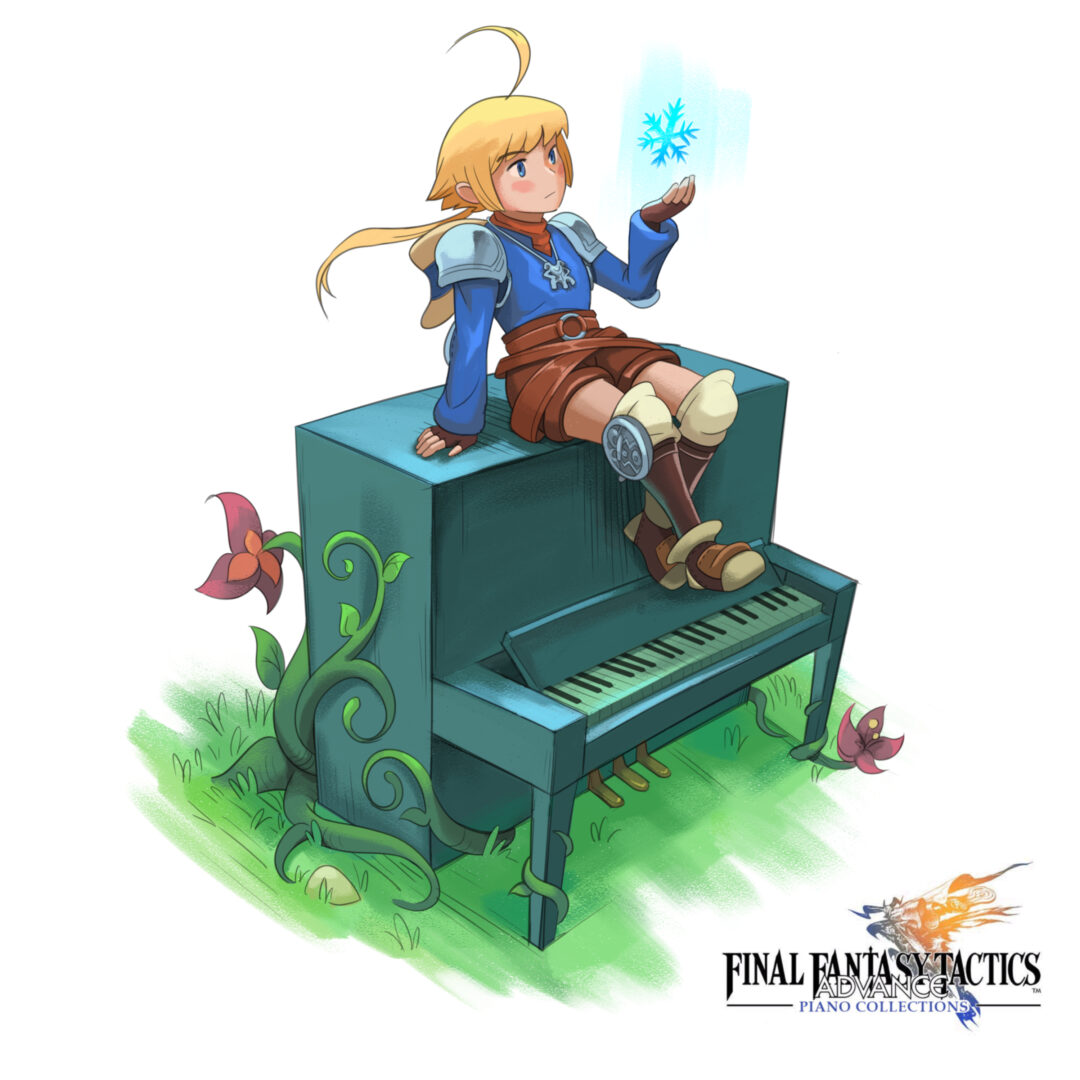
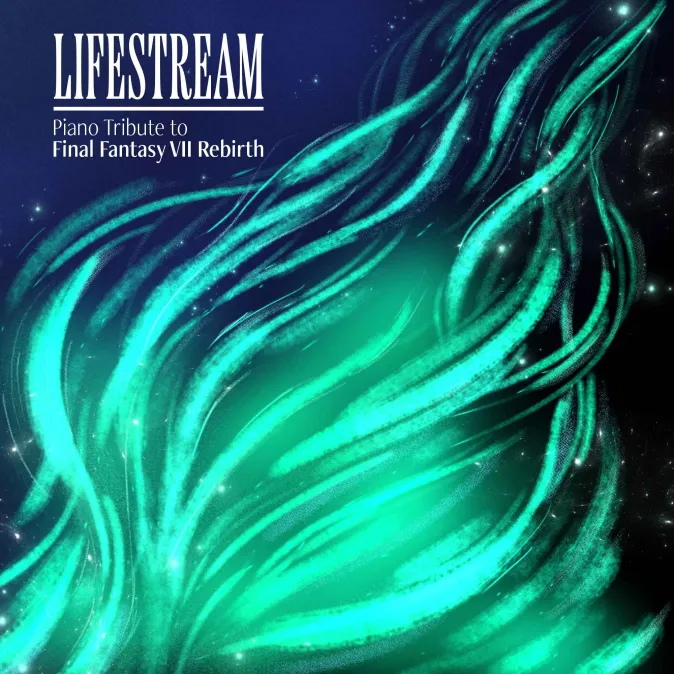
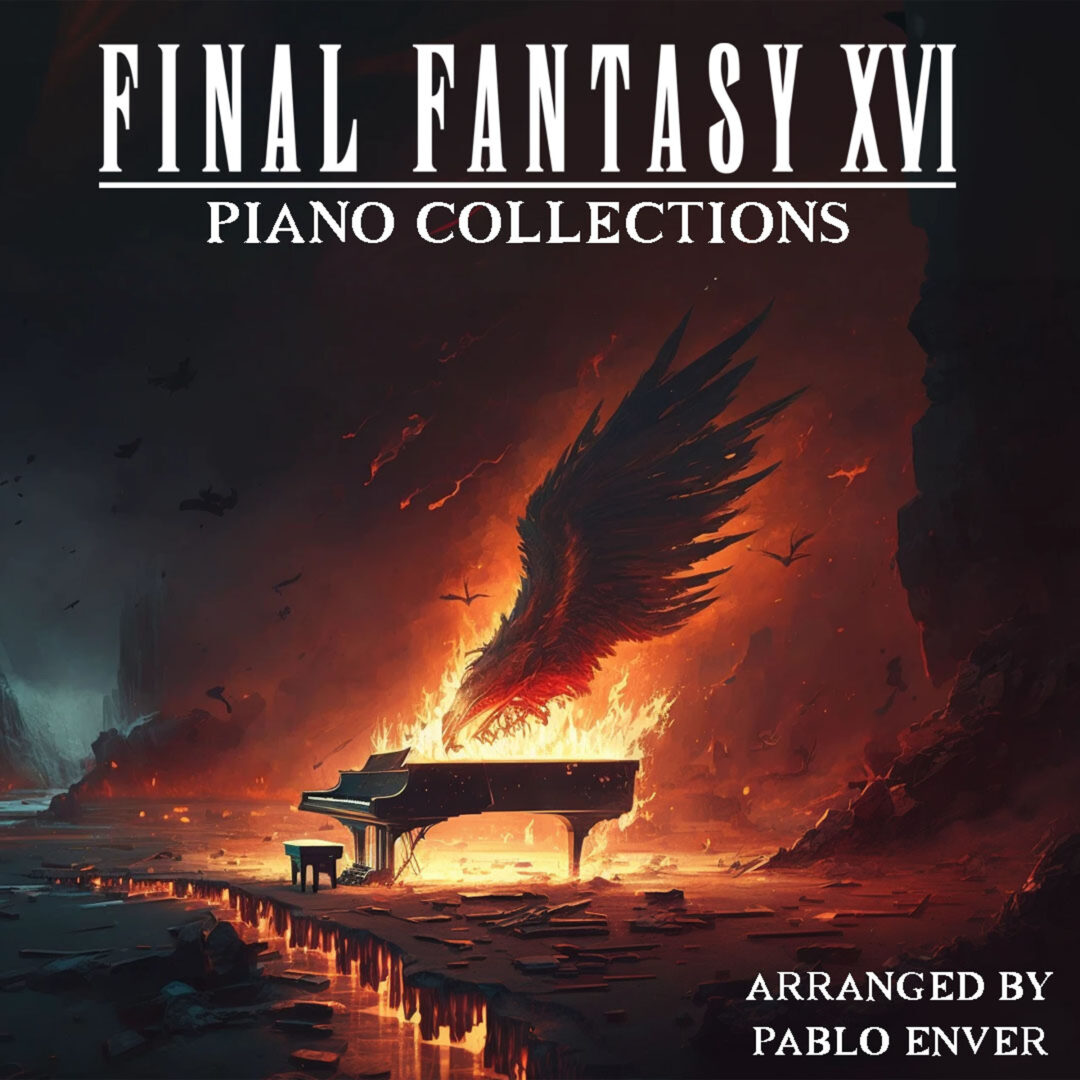
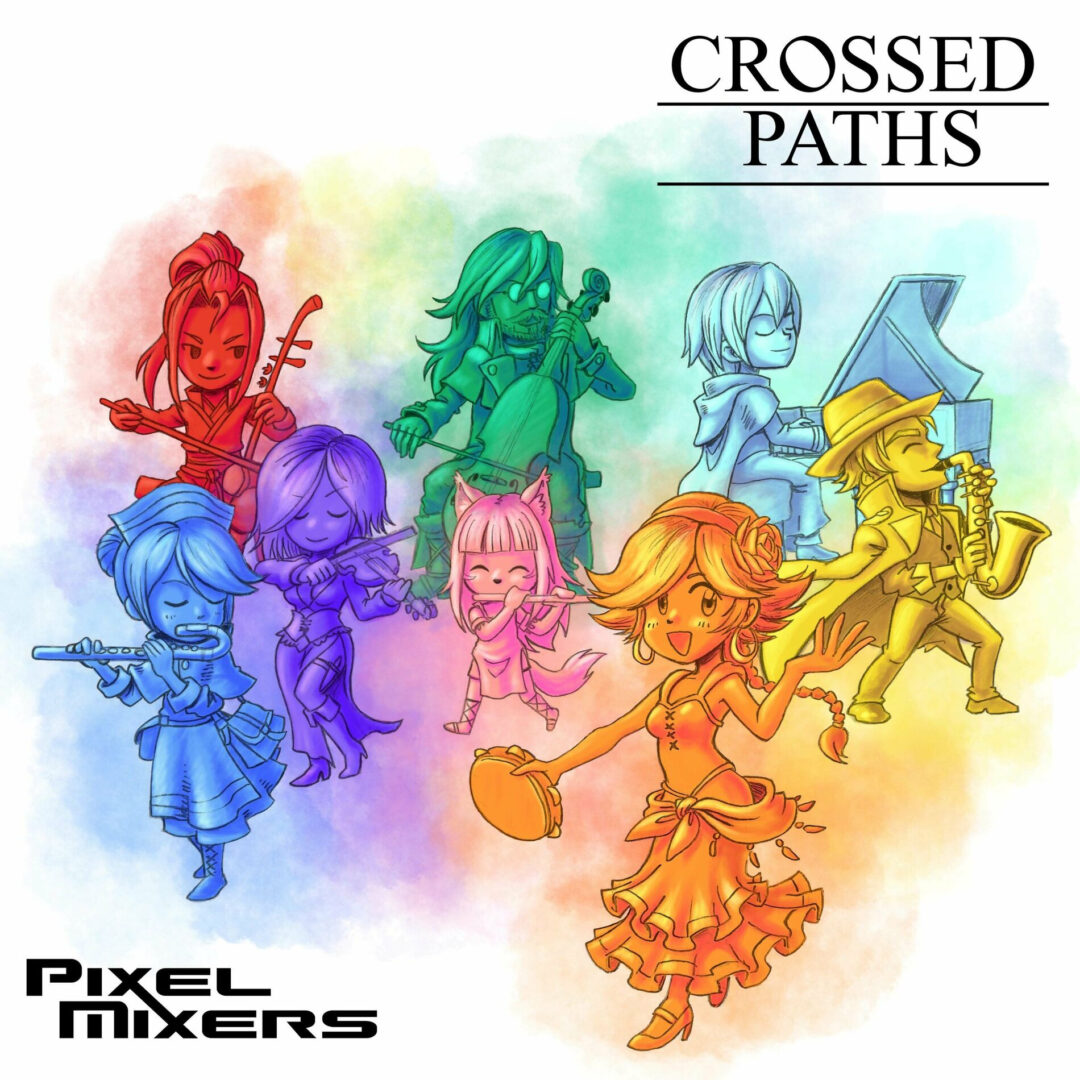
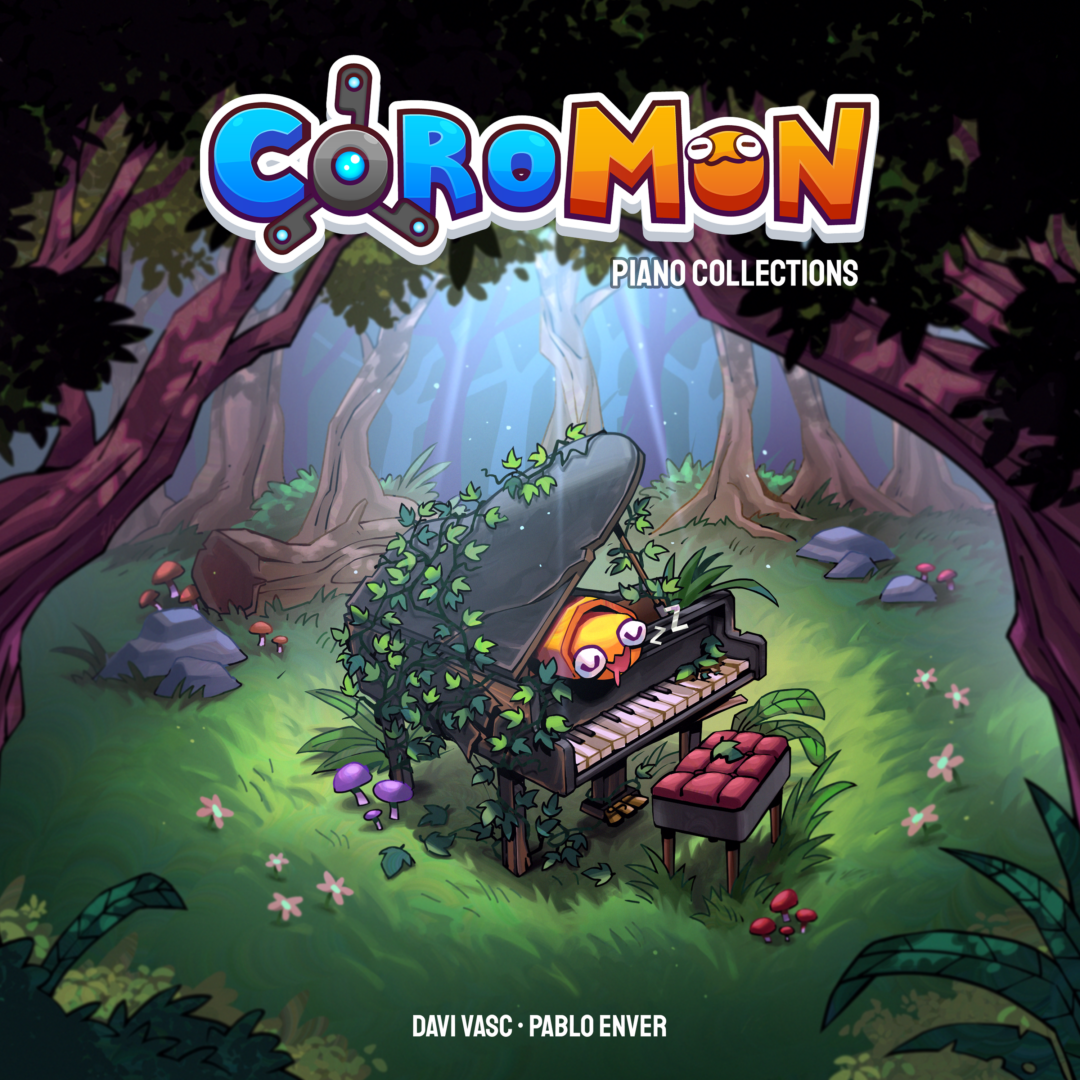
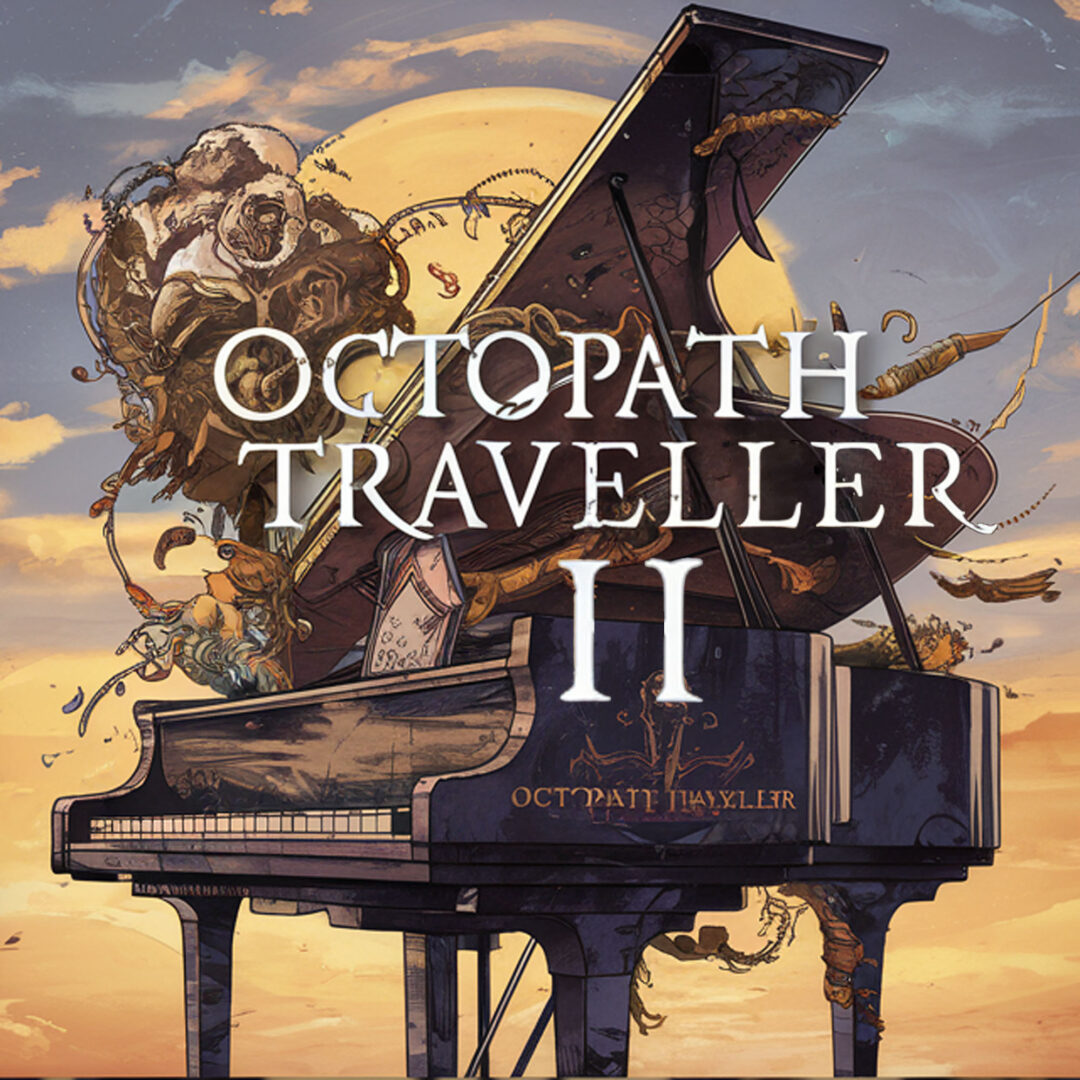
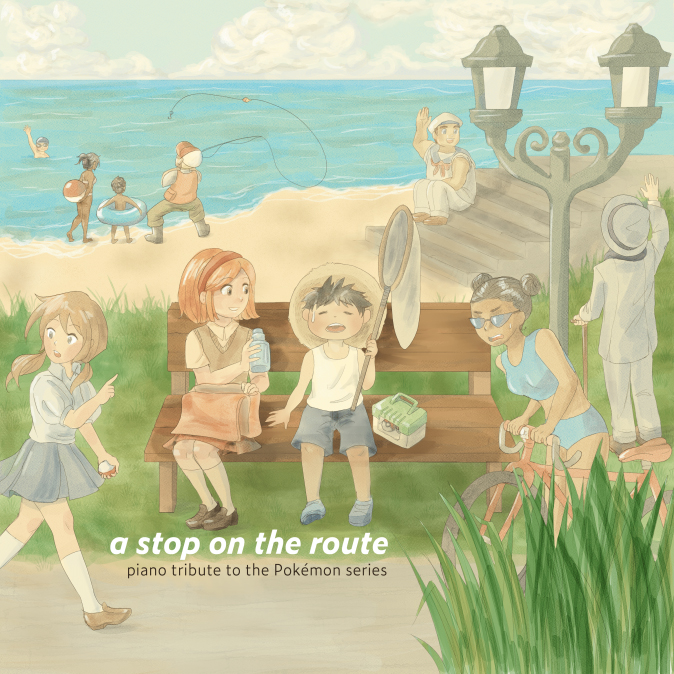
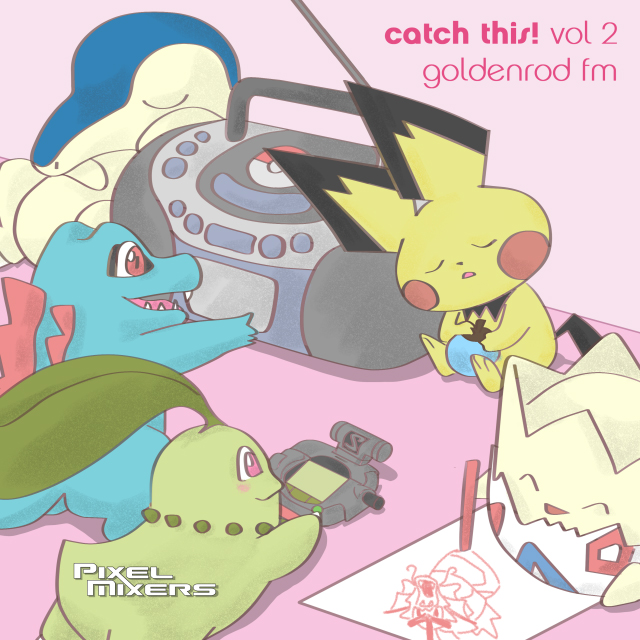
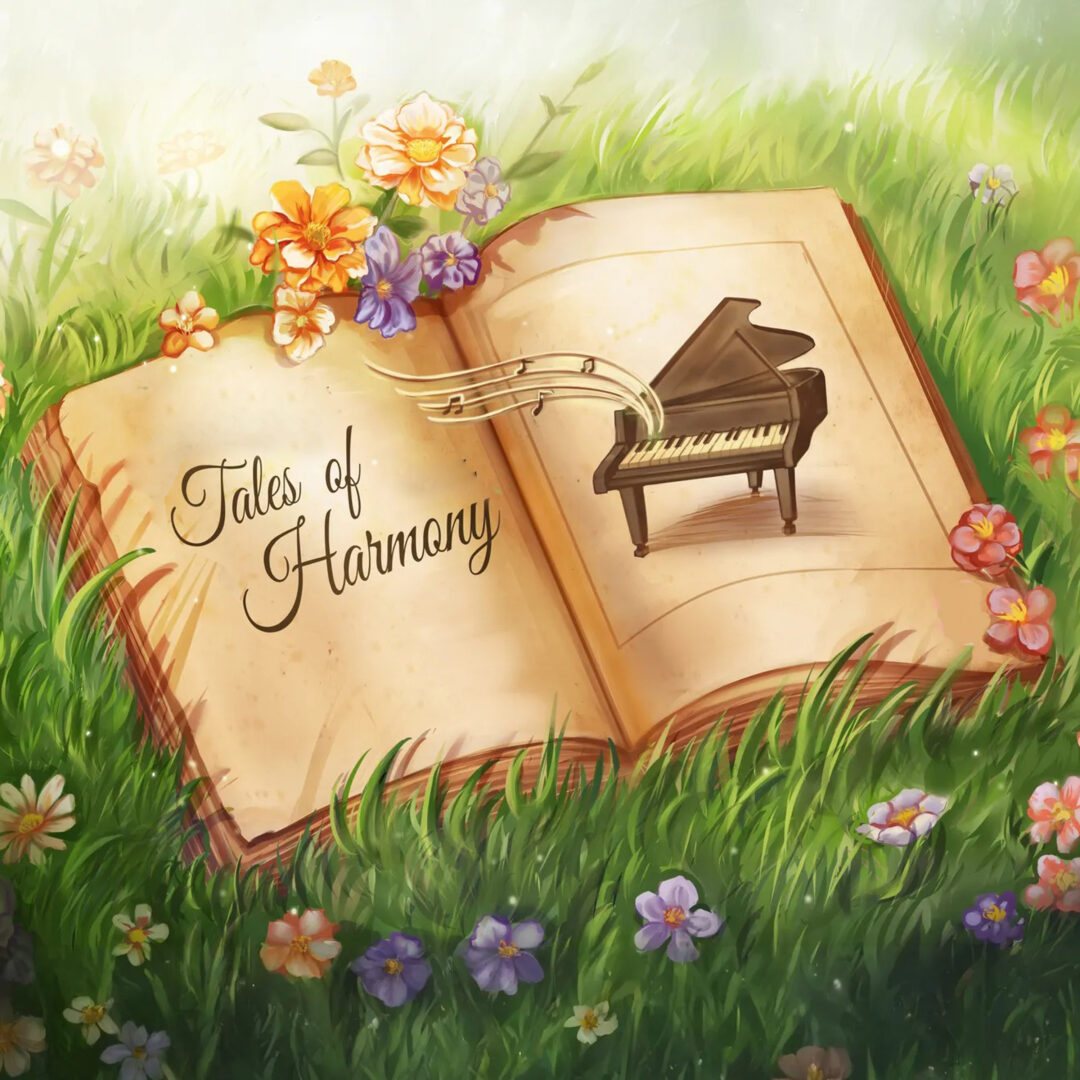

“Yeah, but what’s the use of that for me?”
Let me explain. The piano has something special. That monster of 88 keys is like a mini orchestra in just one meter of length.
And it’s useful to you because people love it.
A lot of people listen to video game soundtracks, but the piano is listened to by millions of people every day. If you combine both…
Some figures:
- The video game soundtrack market will reach 3.21 BILLION dollars by 2033.
- Piano Collections accumulate hundreds of millions of streams on music stores.
- More than 50% of surveyed gamers express interest in attending video game music concerts.
- Gamers dedicate 7.6 hours per week to listening to music on streaming platforms, compared to 6.9 hours for other listeners.
Players love Piano Collections because they give new life to their favorite soundtracks, encourage them to replay their games, and they listen to them to study and relax… They buy the albums as collectibles, and thousands of others also buy the sheet music to play it themselves.
This also makes many people discover the game in the opposite way: first the piano album, and then the game.
Online magazines feature it in their news and give you more exposure.
In short, every video game that knows how to create a good Piano Collections will benefit at every level.
I only take on a few projects a year, because doing this right takes time and dedication.
Here are the things included in my service and that I’m going to teach you:
- How to select 10/15 tracks from the soundtrack that are perfect for the album.
- Creating piano arrangements to be played and recorded.
- Recording the album with a professional piano VST.
- Studio recording not included (we’ll discuss rates and why later).
- Sheet music book ready to be delivered to the client and start playing.
- I’ll teach you the most common mistake made when launching these albums and how to avoid it.
- A dozen ways to monetize your Piano Collections.
- How to make people discover the album and then buy the game, and vice versa.
- How to create the perfect promotional video.
- Support and feedback at every stage of the album creation process.
Your game already has a great soundtrack.
Now it’s time for the world to hear it, play it, and hum it.
If you want your soundtrack to live beyond the game, let’s talk.
Frequently asked questions
Is it something that will take up a lot of my time?
Not at all, I take care of the heavy lifting. You decide how involved you want to be in the creation of the album; you can simply help me choose the tracks and forget about it until the album is finished, or we can keep in touch throughout the process.
How much is it going to cost me?
That depends. It’s not that I don’t want to give you a figure, it’s just that there are many variables. As a general rule, I charge a fixed fee of around 1000€ to cover the costs of creating the album, and then we simply come to an agreement on how to split the profits from the album between both parties. But this will depend on the popularity of your video game, whether you use Kickstarter to fund it, etc. The idea is for you to spend as little money as possible and then we share the profits as we agree.
Why isn’t studio recording included?
Because the ideal scenario is to hire a concert pianist to perform perfect live recordings in a professional studio, achieving the highest possible quality. To use an analogy that everyone can understand — do you know who Michael Schumacher is? A famous and incredible F1 driver. The guy drives amazingly well, but if he had to fix his own car in the pit, he wouldn’t even make it around the corner. We need a Schumacher to record the music. I’m his chief mechanic. I fix the car, but someone else drives it.
And what about recording without a studio?
It’s the most economical option since we save on hiring a pianist and a studio. I’d be lying if I told you the result is identical. Obviously, something recorded live in a studio will have superior quality, but that doesn’t mean the other option is low quality. We’re lucky to live in the 21st century, and virtual pianos have a quality that 99% of people can’t distinguish from a studio piano. (If you want to hear examples, click on any of the images of my albums above, and you’ll be able to listen to them).
Do you handle everything?
Everything except the album cover. I’m afraid my thing is the piano, not the paintbrush. The cover creation will need to be commissioned from a specialized artist.
Will I recover my investment?
Absolutely, that’s the goal. I know at least a dozen ways to monetize the album, and it will keep generating money on Spotify and similar platforms for years. Plus, there are other benefits that are harder to measure, such as attracting people to your game who didn’t know it before and boosting its overall popularity.
I have a Kickstarter for my video game. What should I do?
Ideally, the album should be one of the rewards delivered upon reaching a certain funding goal. Something like, “We’ll create a Piano Collections album if we reach $50,000.” That way, you directly finance the album, plus the profits generated afterward.
I have a game made by my cousin on RPG Maker. Will you make me a Piano Collections?
Yes, but I won’t offer you a profit-sharing model. Instead, I’ll charge a full fee of €3,000 to €4,000. Creating an album like this involves hundreds of hours of work, and I can’t afford to do it if it’s going to get three listens on Spotify — two of them from your own cousin. I’m sure you understand.
Will you create physical products like CDs or sheet music books?
We can do that — in fact, it’s ideal — but it’s not 100% necessary, and it’s not something I handle directly. I can provide you with all the necessary information and even contacts for distribution through a video game music label that usually handles this kind of thing, but the manufacturing itself will be your responsibility. Based on all this, we will adjust the profit-sharing model to ensure you recover your investment and we both make a profit.
My game was released X years ago. Is it still worth it?
It depends. When I made the Piano Collections for A Short Hike, two more years passed before the album was published, and it still sold many copies and has hundreds of thousands of streams. However, the ideal scenario is to start developing the album before the game is released, to capitalize on a slightly later launch window.
Why do you need to hire a concert pianist to record in a studio, but you handle it yourself when using a piano VST?
Good question. I won’t get too technical, but in short, recording with a VST offers certain conveniences that you don’t have in a studio. That’s why I, despite not being a concert pianist, can achieve good recordings working in my personal studio. However, to record on a grand piano in a professional studio, you need a concert pianist — someone capable of nailing a perfect take for each piece and fully bringing out the best of the instrument.
Can it be done with any soundtrack?
With most of them. If your soundtrack consists of only four songs, it’s not highly recommended — although it could still be done. This approach is ideal for RPGs because of the wide variety of musical styles they tend to have. But it can be done for any type of game (I’ve personally worked on an album for a horror game).
